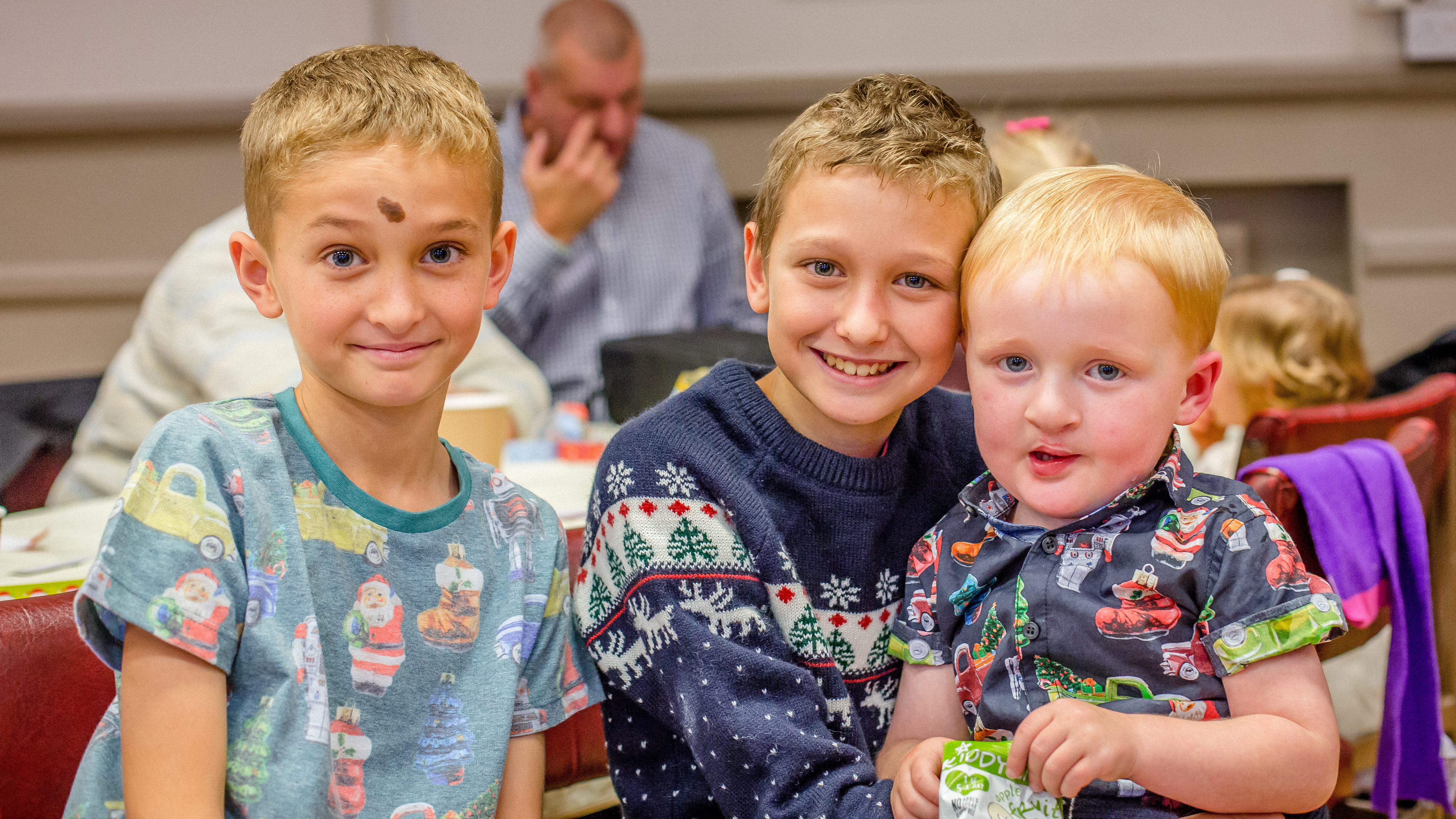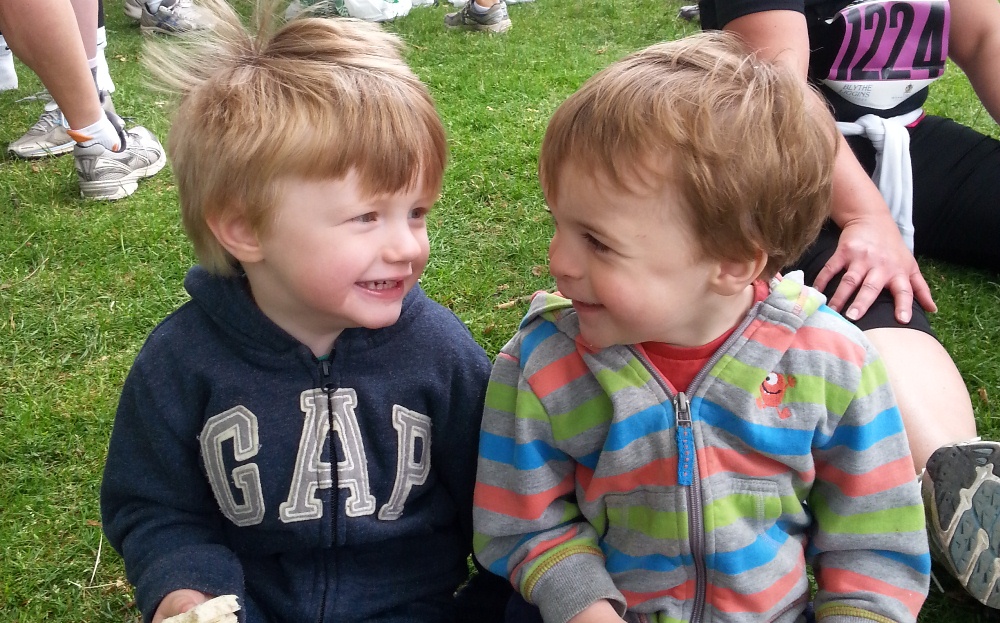
Survey for 10-25 Year Olds Without a Cleft
A new project is offering the cleft community a unique way to get involved with improving cleft care: asking their siblings, friends and others to help!
To understand the unique needs of people with a cleft, we need to understand exactly how they might experience things differently to other people. Some differences are more obvious, but others, like how someone might feel about the way they look or sound, aren’t so easy to measure. There’s a lot of research being done in this area, but for these findings to be useful we need to be able to compare it to the same findings for people without a cleft.
That’s why the Centre for Appearance Research is reaching out to young people aged 10-25 who were NOT born with a cleft to take part in a 10 minute questionnaire. This questionnaire is about how people feel about their appearance, speech and hearing. The findings will be used in studies all over the world to help us compare how young people with and without a condition like cleft feel.
This is a fantastic opportunity for everyone to to help improve the lives of people affected by cleft. Please share the questionnaire as widely as possible with anyone you think may be interested!
More Information
This small scale study is a collaboration between the Cleft Team based in Newcastle, and the Centre for Appearance Research based in the University of the West of England.
The Psychology Clinical Excellence Network (CEN) have worked hard to put together a measure called the ‘Cleft Hearing Appearance and Speech Questionnaire’ (CHASQ), previously called the ‘Satisfaction with Appearance Scale’ (SwA). This was developed to help make sure that researchers were asking the same sorts of questions, because this way it’s much easier to compare results across different studies.
If we had data on how many different kinds of people answered these questions, we’d be able to get a clear picture of how a condition like cleft changes how someone might feel about themselves. This will help us come up with better ways to support them. That’s why collecting enough data is so important.
This measure is used in the national audit in the NHS, in the Cleft Collective research programme, and in many other studies across the world. By getting more people to complete this questionnaire, you’re giving the research community much more information to work with, and will be making a real difference.
The survey takes no more than 10 minutes to complete. It includes a couple of demographic questions as well as the questions measuring how participants feel about different parts of themselves.
The study has ethical approval from UWE and consent is collected from particpants’ parents where necessary.



